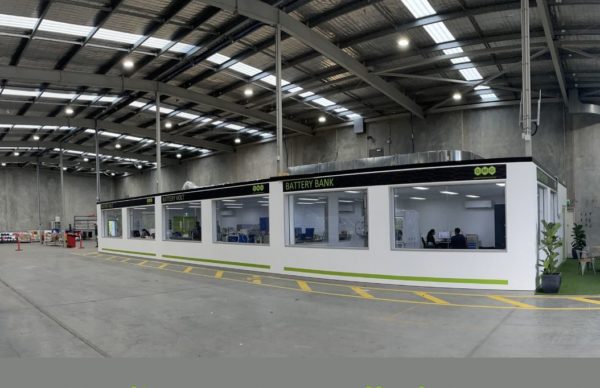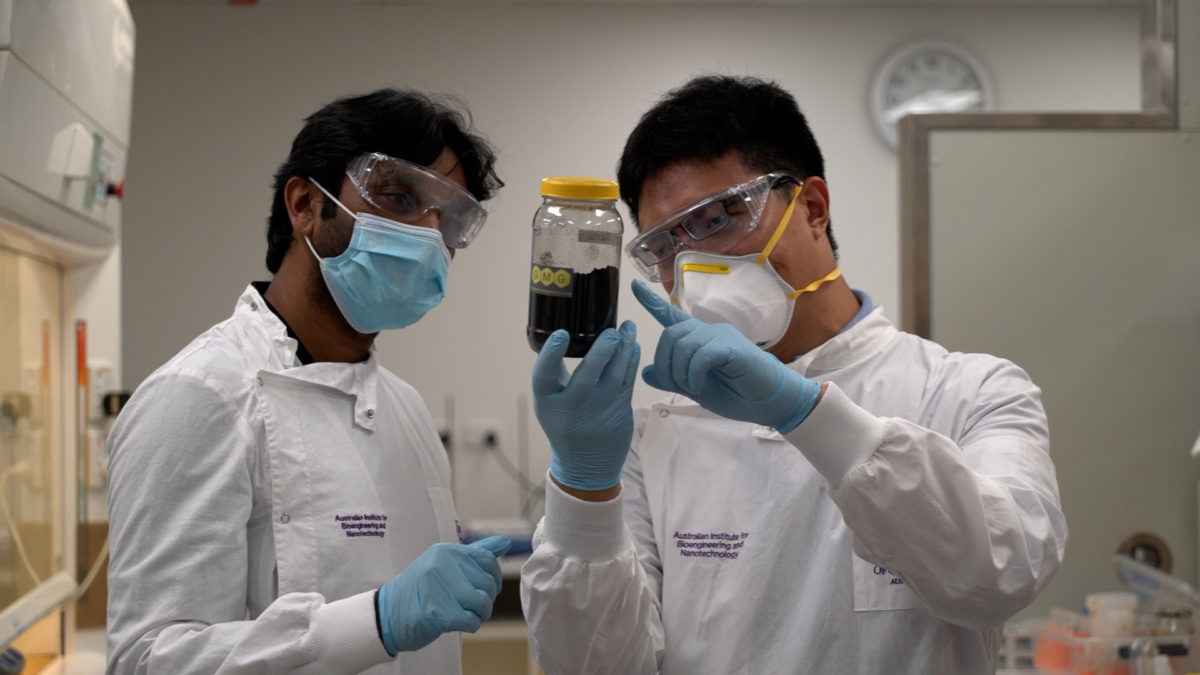Queensland-based Graphene Manufacturing Group (GMG) has received regulatory and local council approvals to commence commercial-scale manufacture of its graphene aluminium-ion batteries at the company’s facilities at Richlands in Brisbane’s western suburbs.
The company, which is commercialising graphene aluminium-ion battery technology developed in collaboration with the University of Queensland, has until now been working under R&D-level regulatory approvals to make battery cell prototypes.
GMG Chief Executive Officer Craig Nicol said the approvals announced this week will allow the company to further develop, engineer, design and test components to enable the manufacture of the prototypes in a semi or fully automated process.
“This is another milestone in the maturation of the company,” Nicol said. “This allows GMG to take its battery development roadmap further with reassurance that government approvals have been granted to build and operate a plant at our existing location.”
GMG said its technology, which sees an aluminium-ion battery paired with graphene electrodes, offers significant benefits over the lithium-ion technology that currently dominates the global energy storage market.

Image: Graphene Manufacturing Group
The company said laboratory testing and experiments have shown the graphene aluminium-ion battery has high energy densities and higher power densities compared to current lithium-ion technology.
GMG said testing showed its technology had a battery life of up to three times that of current leading lithium-ion batteries, and higher power density meant they charged up to 70 times faster and can be reused thousands of times.
“It’s not like a lithium battery, which typically takes 500 cycles, and then it has to be replaced,” Nicol said. “Ours is effectively like a hybrid supercapacitor battery, which can be charged thousands of times.”
GMG, which produces graphene and hydrogen by ‘cracking’ methane instead of mining graphite, has already made graphene aluminium-ion batteries in coin and pouch cell format and believes the potential is there to build batteries for grid-scale applications and electric vehicles (EVs).
The company said it will now look to further the development of its battery production systems. It will also look to establish necessary supply agreements and work towards securing battery sales agreements.
This content is protected by copyright and may not be reused. If you want to cooperate with us and would like to reuse some of our content, please contact: editors@pv-magazine.com.









By submitting this form you agree to pv magazine using your data for the purposes of publishing your comment.
Your personal data will only be disclosed or otherwise transmitted to third parties for the purposes of spam filtering or if this is necessary for technical maintenance of the website. Any other transfer to third parties will not take place unless this is justified on the basis of applicable data protection regulations or if pv magazine is legally obliged to do so.
You may revoke this consent at any time with effect for the future, in which case your personal data will be deleted immediately. Otherwise, your data will be deleted if pv magazine has processed your request or the purpose of data storage is fulfilled.
Further information on data privacy can be found in our Data Protection Policy.